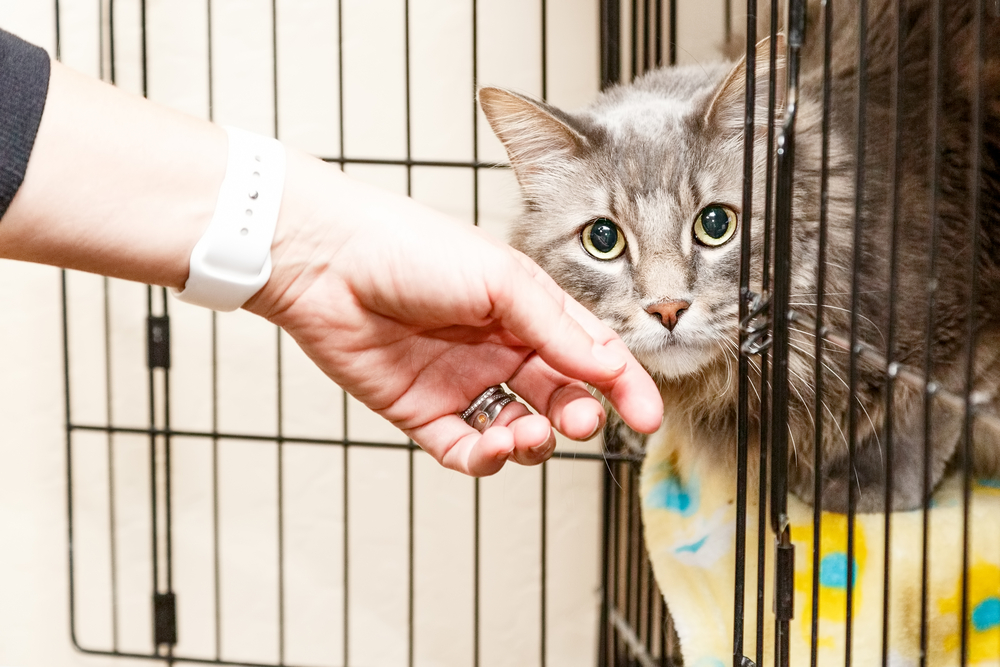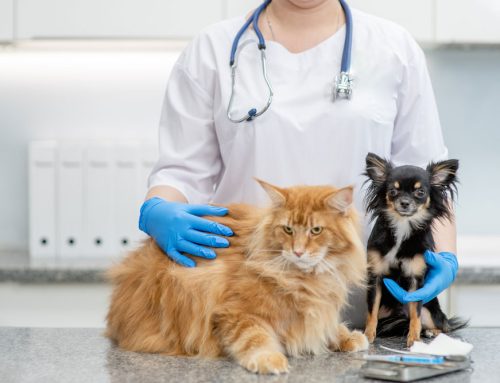Every person and every family is unique, and each has a different idea of the perfect pet. However, rather than looks or popularity, you should choose a pet species, breed, and individual based on the role the pet will play in your life, and set your expectations accordingly. Too many pet owners pick a pet based on a certain, attractive look or trend and fail to recognize their specialized needs or the actual time and financial commitment required.
The Sixes Animal Hospital at BridgeMill team believes a pet for everyone is out there somewhere, but determining the best match takes work. Our goal is to ensure pet owners make informed decisions so they choose a life-long companion. To help prospective pet buyers or adopters make their choices, we list the essential questions you need to answer as you research the possibilities.
#1: Why do you want a pet?
People bring pets into their lives for various reasons, and your reason will significantly impact your choice. Do you want a companion who will bond closely and who you can cuddle and pet? A dog or cat may be for you. If you’re looking for protection, certain dog breeds are a great choice. If you only want to watch a quiet pet, you may want to consider a fish or reptile. If you’re looking for a long-lived, trainable, intelligent companion, consider a bird.
#2: How much can you afford for your pet’s purchase and lifelong care?
Finances play a huge role in your ability to care for a pet. Dogs and cats can cost as much as a luxury vehicle throughout their lives. Smaller pets may cost a little less, but each has different factors to consider. Do your research to determine how much each species or breed could cost in these areas:
- Veterinary care — Dogs and cats need frequent veterinary and preventive care. Some breeds (e.g., French bulldogs) are notoriously expensive, while exotic pets tend to require only one or two visits annually. How many years is your pet expected to live?
- Grooming — Does your pet need professional grooming? How frequently?
- Housing — Housing can be a big expense for exotic pets, who may need specially designed cages, bedding, and lighting systems, with tight humidity and temperature controls.
- Nutrition — Feeding your pet will be the largest ongoing expense. Larger pets eat more and therefore cost more to feed. Many exotic pets require varied diets that include fresh produce or insects, so factor weekly trips to the store as well as the costs into your calculations.
- Purchase price — Purebred dogs and unique exotic pets can cost several thousand dollars, but an adopted pet typically costs less than $300. Many adoptable pocket pets have a small or no adoption fee.
#3: How much time can you dedicate to your pet?
Once you’ve determined you can afford your chosen pet, think about how much time you can dedicate to their care. Training, exercising, playing, grooming, and cleaning all take time. If you have a flexible work schedule, multiple family members, or can pay someone to visit during the day, you may be able to accommodate a higher-needs pet, such as a dog or cat. If your time is limited, consider pets who don’t mind spending most of the day alone, or consider a second same-kind pet, such as a rabbit, pocket pet, reptile, or other exotic.
#4: What kind of pet does your living situation allow?
Most apartments and condominiums, whether you are a renter or owner, restrict the type and number of pets allowed. What is your current situation? How much space do you have in your home? Don’t choose a large, active dog breed unless you have the space for them to run and play. Small spaces are suitable for small pets, or large but less active pets. Also, what will happen if you need to move? Many insurance companies reportedly place restrictions on certain dog breeds, such as pit bulls and German shepherds. This is unfounded, but if you want a regulated breed, will you need to spend extra effort, time, and expense to find a new place?
#5: What is your current lifestyle?

Are you active enough to meet a high-energy dog’s needs? If you’re an avid outdoor enthusiast and enjoy running, walking, or hiking, you may be a good match for a herding or working dog breed. If you prefer quiet weekends, you should choose a low-energy breed who is happy sitting around. A mismatch in this area is often the reason pet owners give up their new pets.
Choosing a pet who is a good fit for your family and lifestyle ensures the best relationship with your new furry pal. The Sixes Animal Hospital at BridgeMill team members are your best resources to learn about different pet needs and help you make your choice. Contact us to schedule a pre-purchase counseling session or your new pet’s first wellness examination and preventive care visit.






Leave A Comment